Publications
Articles, publications, books, tools and multimedia features from the U.S. Institute of Peace provide the latest news, analysis, research findings, practitioner guides and reports, all related to the conflict zones and issues that are at the center of the Institute’s work to prevent and reduce violent conflict.

Sarhang Hamasaeed on Iraq’s Deepening Political Stalemate
After recent episodes of violence, Iraq’s political stalemate continues. “Bottom line … this is a fight over power” and differing views on foreign influence, says USIP’s Sarhang Hamasaeed. “The Iraqi people are actually fighting for democracy. It is just the political class … that makes that a longer fight.”
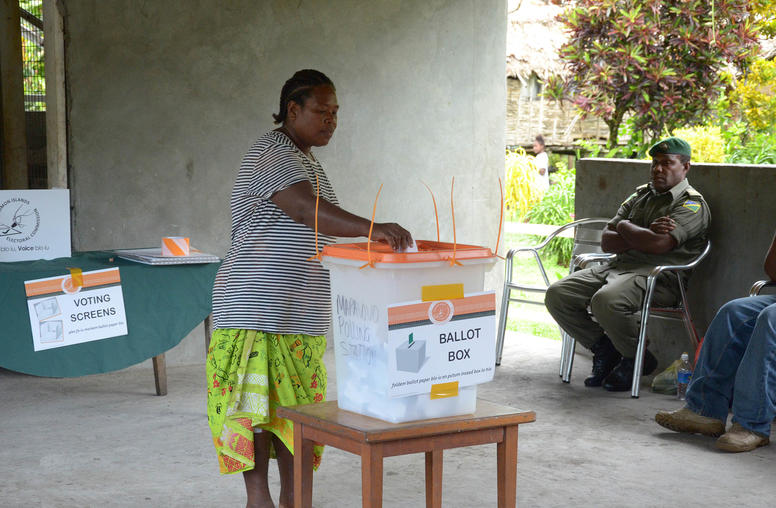
Solomon Islands: Election Delay Would Threaten Peace and Democracy
Solomon Islands Prime Minister Manasseh Sogavare is attempting to delay the 2023 elections — which would normally take place between May and August — to 2024, causing concerns among civil society and regional partners regarding the country’s growing autocracy and ties to China. Delaying the vote is broadly unpopular and could spark protests. Some Solomon Islanders fear that Sogavare may use Chinese security forces to crack down on protesters, which would fuel further instability. Postponing the election may also set a dangerous precedent for the future, allowing Sogavare to further solidify his power.
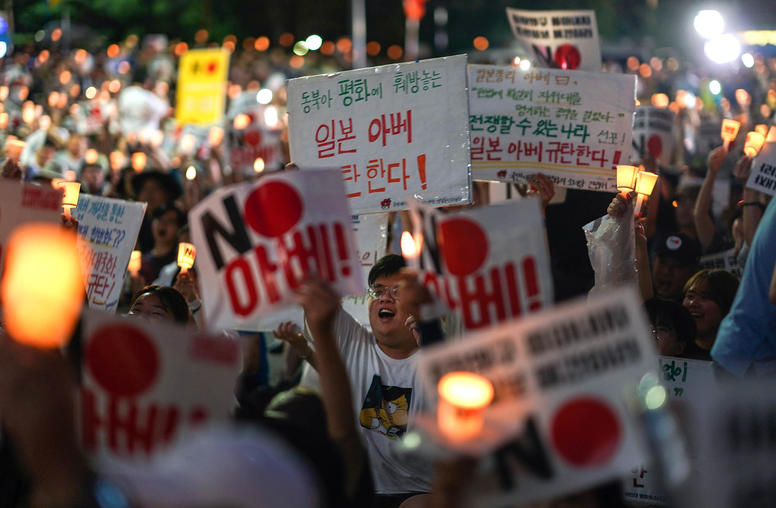
Achieving a More Durable Japan-South Korea Rapprochement
The winds of political change swept through South Korea in early 2022. Yoon Suk-yeol, a conservative and former prosecutor general, triumphed in the presidential election. As the incoming president seeks a new direction for Seoul’s foreign policy, perhaps the most politically fraught and sensitive part of his agenda is improving South Korea’s frayed relations with its former colonizer, Japan. Better relations will benefit both countries, but their leaders will need to be careful about how they go about improving relations if they are to create a durable sense of goodwill. They will need to listen to dissident voices, look at their history in new ways and convince the United States to play a productive role.
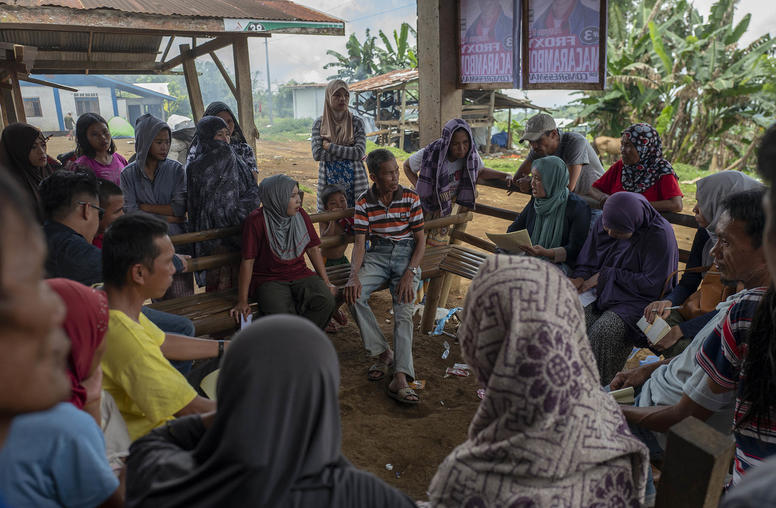
Philippines’ Bangsamoro Peace Process Normalization Track Hits Some Bumps
The normalization track of the Bangsamoro peace process involves the decommissioning of 40,000 Moro Islamic Liberation Front (MILF) combatants and their firearms, as well as their transformation to civilian and productive members of society through the provision of socioeconomic development programs and other peace dividends, extending to their families and communities.
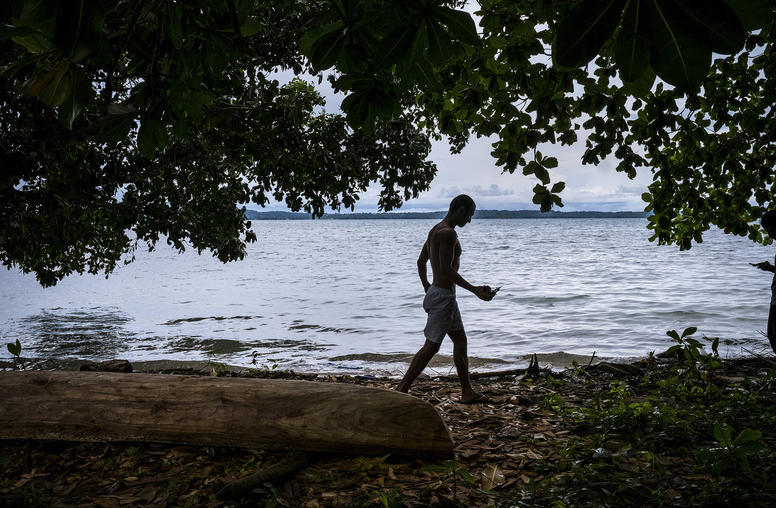
A Framework for U.S. Engagement with Papua New Guinea
Papua New Guinea (PNG) has become a key focal point for the United States as it aggressively renews ties with Pacific Island countries. U.S. engagement with PNG will require a comprehensive approach that incorporates cross-nation security cooperation and development assistance. Traditional approaches are insufficient to meet these goals. The United States should envision a framework beyond sole reliance on its military and civilian agencies. This new framework would serve to address PNG’s unique challenges, counter China’s regional activism and undergird U.S. leadership in the Pacific.
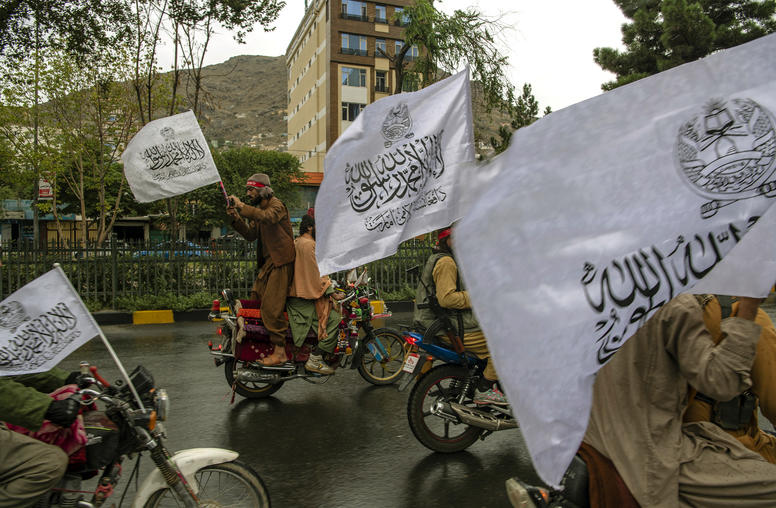
You Can’t Choose Your Neighbors: The Taliban’s Testy Regional Relationships
One year after the Taliban takeover of Afghanistan, its relations with its neighbors remain tepid as the region comes to grips with the reality that they now own a greater share of Afghanistan’s problems and the Taliban realize that neither recognition nor financial aid are going to come from the region easily.
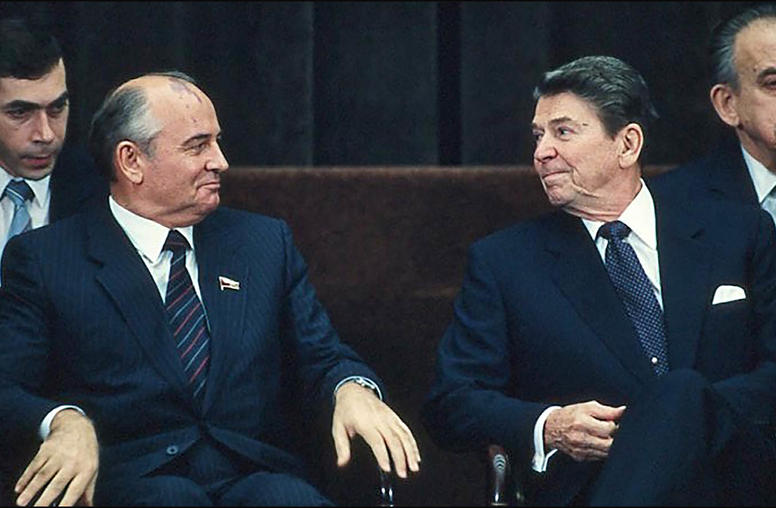
Building Peace with Russia: Lessons from Gorbachev
Mikhail Gorbachev enters history as a tragic figure—a pragmatist who ruled the Soviet Union for 66 months, believing he could save its dysfunctional, Russian-led imperium with liberalizing reforms. Yet Gorbachev’s struggle to humanize the Soviet machine led to its collapse. And while he and his Western counterparts managed to end the Cold War, Gorbachev in his final months watched his successor ignite in Ukraine a catastrophic version of the bloodshed he had labored to avert in Europe. Whenever Russia and the world might rebuild the kind of peacemaking moment that Gorbachev’s pragmatism presented 40 years ago, his legacy will help shape it.
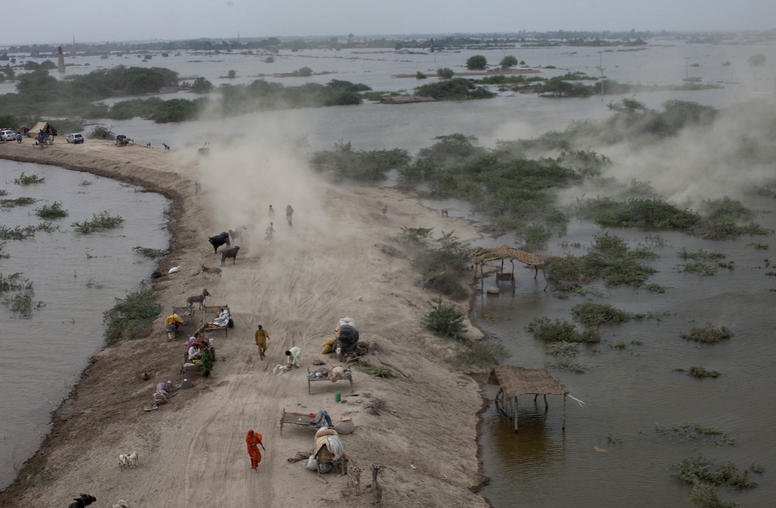
Pakistan’s Deadly Floods Come Amid Deluge of Crises
After experiencing its hottest months in 61 years in April and May, Pakistan has been hit by a “monsoon season on steroids,” according to U.N. chief Antonio Guterres. Pakistan has long been considered one of the most vulnerable countries to climate change in the world. Despite a history of intense floods, the country was ill-prepared for this year’s monsoon season. Intractable political and economic crises have hampered Pakistan’s capacity to address the ongoing fallout, particularly the worsening humanitarian crisis.
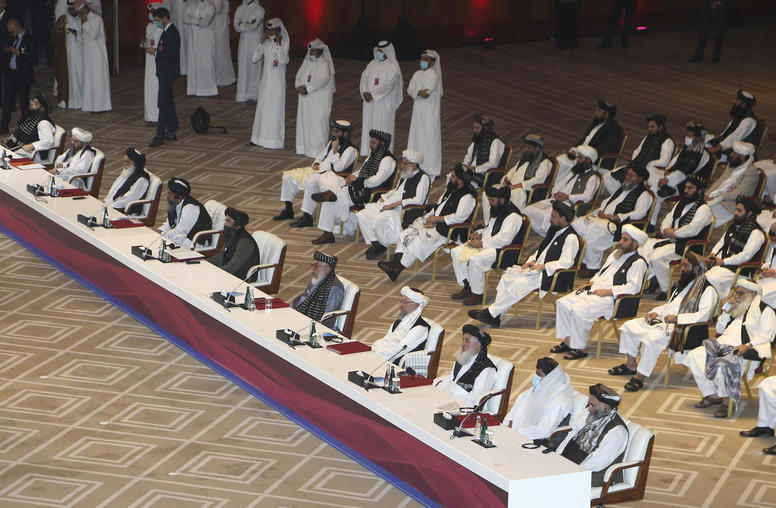
Why Was a Negotiated Peace Always Out of Reach in Afghanistan?
August 30, 2022, marks the one-year anniversary of the last US troops leaving Afghanistan. During America’s 20-year military intervention, there were several opportunities to negotiate peace among the Taliban, the Government of the Islamic Republic of Afghanistan, and the United States—but these opportunities were missed, went unrecognized, or were deliberately spurned by one or more of the parties. In this important history, Steve Brooking, the first British official sent into Afghanistan after 9/11, examines why the three parties were unable or unwilling to reach a negotiated settlement.

Belquis Ahmadi on Afghanistan a Year After the Taliban Takeover
A year on, the situation in Afghanistan is “looking really grim” as women and girls have lost the gains made over the past two decades and the country’s humanitarian crisis continues to spiral, says USIP’s Belquis Ahmadi. “The Taliban are trying to erase women from society.”